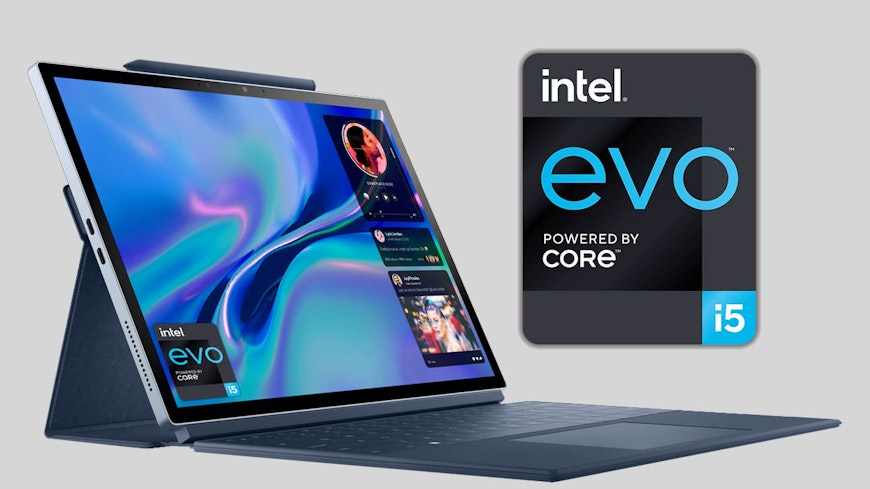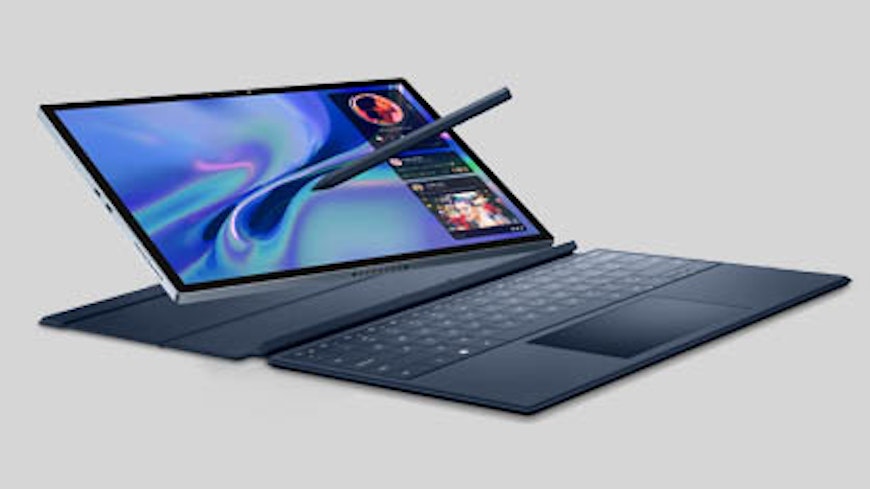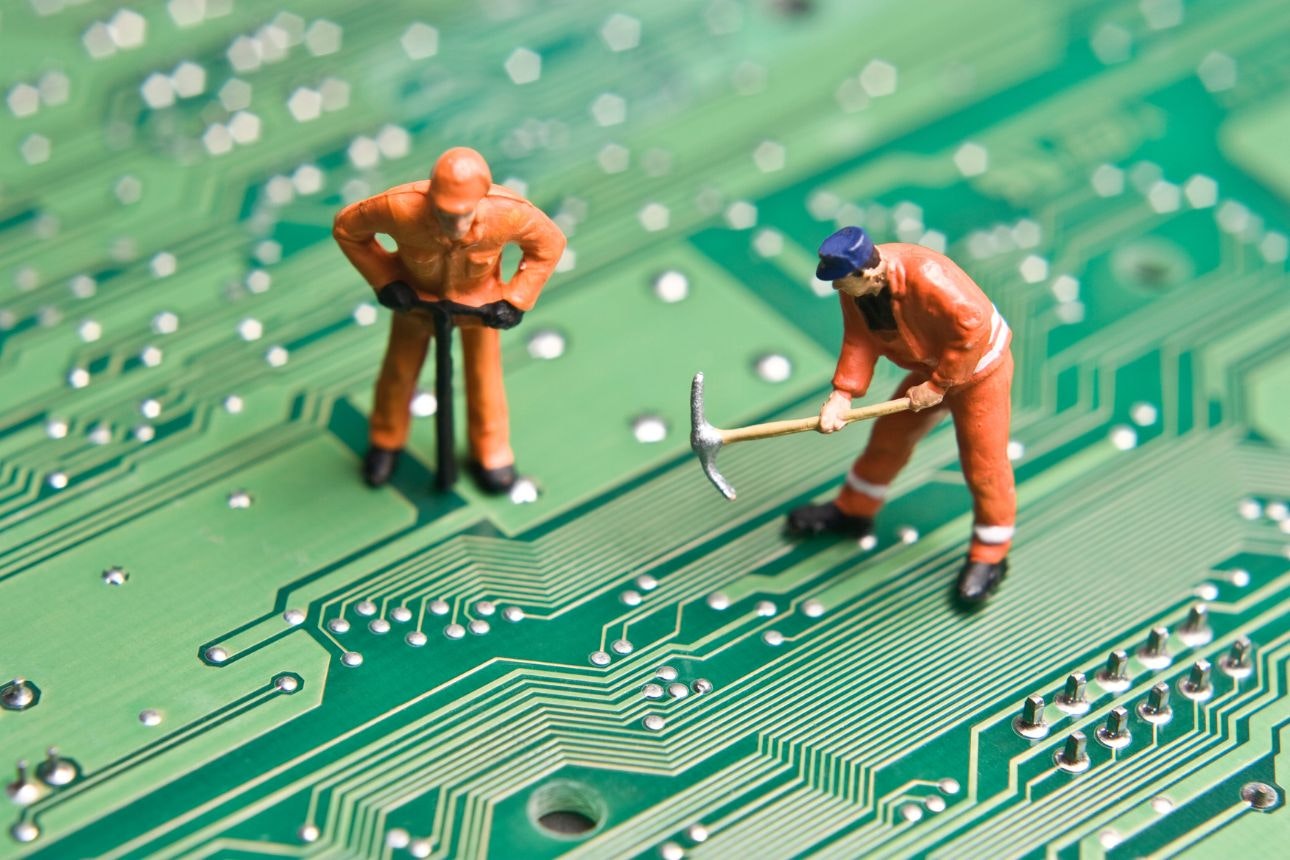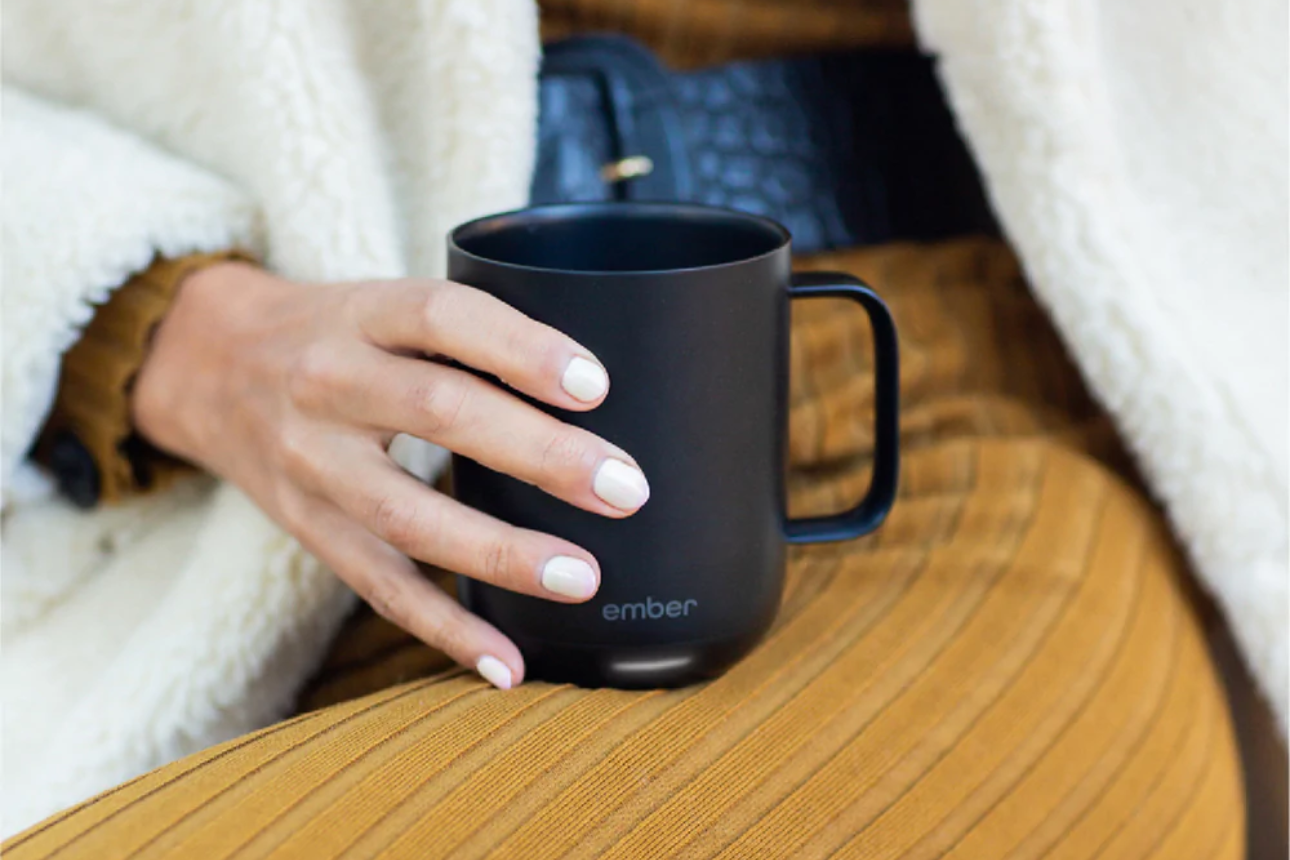
By Nick Gelling
Product Test Journalist | Kaipūrongo Whakamātautau Hautaonga
Buying a laptop is a task many struggle with. Trying to understand specs and compare models takes time and effort. Technology company Intel aims to change this with Evo, a stamp of approval for laptops that meet a number of requirements. Our verdict: we don’t think it’s perfect, but it could save you time.
Intel builds components used by computer manufacturers. It’s particularly well known for its microprocessors, which are found in devices built by nearly every PC brand, from Acer to HP to Microsoft.
Previously, Intel has stayed out of marketing computer systems to consumers. However, it’s recently developed the Evo badge to endorse particular models that use Intel components (specifically Intel Core CPUs) and have certain specifications.

Intel Evo explained
The badge is about identifying premium, ultraportable laptops so buyers don’t have to think too hard. There’s a long list of boxes to tick before a laptop can get an Evo badge, but here are some important ones:
7+ hours of “real world” battery life
Gains 4+ hours worth of battery from a 30-minute charge
USB-C charging and Thunderbolt 4
WiFi 6
Wakes from sleep mode in one second or less
Crucially, Evo isn’t strictly about performance. The focus is on usability rather than super fast processing and graphics. The platform doesn’t identify powerhouse PCs, but ones that perform well enough while also being portable, easy to use and not missing crucial features.
Availability in New Zealand
While the first Intel Evo laptops only arrived in New Zealand recently, Intel has been pursuing this idea for years. Evo launched in 2020 and is officially up to its third generation, but covid-era supply issues hindered its arrival to our shores.
At the time of writing, the number of models with Evo certification in New Zealand is in double digits. Brands include Lenovo, Acer and HP, while retailers include Noel Leeming, JB Hi-Fi and PB Tech. They’re not cheap though – prices range from $2029 to $4000 or more.
Reviewing an Evo-certified laptop

XPS 13 2-in-1 Laptop
At Consumer, we tried out a Dell XPS 13 2-in-1 sporting an Intel Evo badge. It’s a tablet-style computer with a sturdy detachable keyboard case, retailing for $2599.
Pick up the XPS and you immediately understand what Evo represents. This thing is small and light, offering all the convenience of, say, an iPad Pro or Surface Pro. It’s also intuitive to use – although, in my opinion, its Windows operating system still lags behind Android and iOS in this form factor.
The detachable folio case feels sturdy where it needs to, and the keyboard has a comfy feel – there’s a satisfying amount of travel in the keys for such a thin pad. It’s awkward to undock the computer, though – I suppose Dell wanted a super solid connection so nothing would accidentally slip out.
The 13-inch touchscreen is responsive and vibrant, with a 2880x1920 resolution. It ramps up to a blinding 500 nits of brightness which, while stunning, is more than you’ll normally need. You’ll get much better battery life and less heat with the brightness dialled down.
The laptop’s body became quite hot during the trial, especially while charging and installing programs. It’s possible this particular unit had a fault – I suspect the fan wasn’t quite operating as intended.
Regardless, the Achilles heel of the processor style that Intel produces – called x86 chips – is that they produce more heat than the competing ARM chips found in MacBooks and many tablets. That can lead to x86-based laptops having warmer bodies, louder fans or both. I’m surprised the extensive list of requirements to qualify for the Evo badge doesn’t include anything about temperature regulation.
Can Evo be the MacBook of the PC market?
The idea is for less technically-adept shoppers to look for the Evo stamp of approval so they can do less research. Will that happen in practice?
I’m reminded of the reputation for quality enjoyed by Apple’s MacBook computers. Many loyal buyers assume any new MacBook will be good, so they don’t have to worry about specs. There’s a privilege in having the money to do that, of course, but MacBook sales indicate that the market is clearly there. If Evo can provide a similar level of assurance to the PC market, it might help Intel-based laptop makers tap into the same mindset.
The difficulty will be publicising that the badge exists and communicating what it means. Following that, Intel needs to instil trust that it’s picked the right criteria to ensure a quality product. That’s an uphill battle, particularly following the program’s flimsy launch at a time when chip shortages and shipping delays caused chaotic disruption to the computing industry.
If you’re looking for a high-end portable laptop, the Intel Evo badge can give you the confidence to pick one off the shelf and know it’ll do the job. It’s a useful shortcut in what can be a time-consuming search.
However, remember that Evo is, at its heart, a way to sell more Intel products. If you want to consider a wider range of PCs, our step-by-step buying guide and test results are completely brand-neutral. After we break down all the jargon, you might find that shopping for a laptop isn’t difficult after all!



